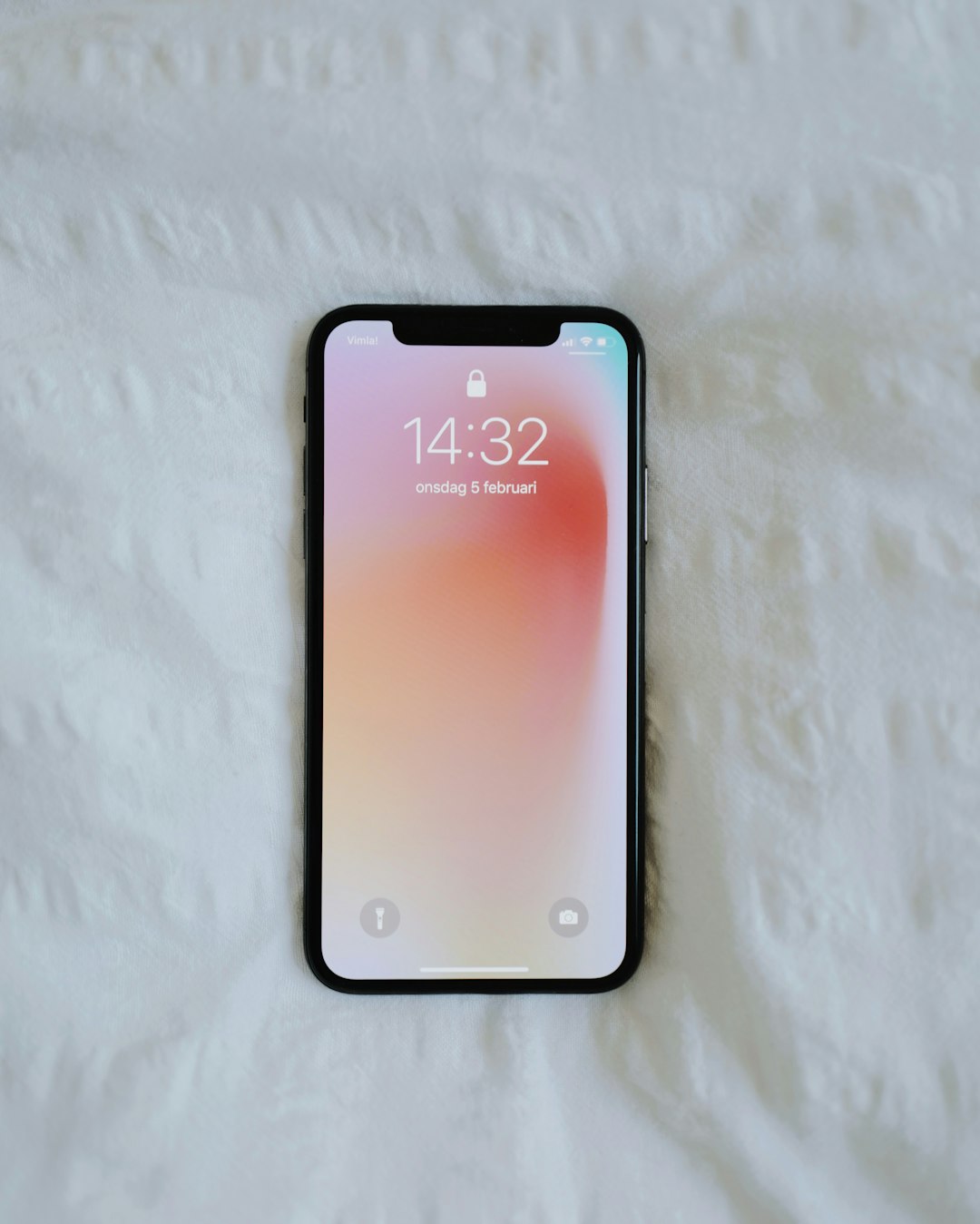Robocalls have become a significant issue in Louisiana, with malicious callers causing distress and privacy invasions. These automated calls often fall into categories like telemarketing, political campaigns, or debt collection, potentially leading to financial loss. Louisiana residents can combat robocalls through community reports, using apps like Hiya Community Reports to identify suspicious activities. Legal recourse is available through specialized lawyers for robocall laws in Louisiana, who can block calls, file complaints with regulatory bodies, or pursue legal action against violators. By joining forces, communities can reduce intrusive calls and protect consumer rights.
In Louisiana, robocalls have become a persistent nuisance, but community action is mounting to combat them. This article explores how Hiya community reports are empowering residents to fight back against unwanted automated calls. We delve into the profound impact of robocalls, the crucial role of collective reporting, and the science behind Hiya’s system. Additionally, we examine legal strategies through robocall laws in Louisiana and share inspiring success stories of community initiatives effectively blocking these intrusive calls.
Understanding Robocalls and Their Impact in Louisiana

Robocalls, automated phone calls made en masse, have become a pervasive issue in Louisiana and across the nation. While many calls offer valuable services or advertisements, the rise of malicious robocallers has led to a significant increase in unwanted and fraudulent calls. These calls can be particularly problematic for residents of Louisiana, who may face unique challenges due to their state’s specific laws and regulations.
In Louisiana, as in many places, robocalls often fall into categories like telemarketing, political campaigns, or debt collection. However, the impact of these calls goes beyond mere annoyance. They can cause distress, invade privacy, and even lead to financial loss for recipients. A lawyer specializing in robocall cases in Louisiana can help individuals understand their rights and take action against persistent or illegal robocalls, ensuring that residents are protected under the state’s consumer protection laws.
The Role of Community Reports in Stopping Unwanted Calls

Community reports play a pivotal role in combating unwanted robocalls, particularly in states like Louisiana where such calls are prevalent. When residents collectively share information about suspicious or harassing phone calls, it becomes a powerful tool to identify and block these nuisance calls. Every report contributes to a broader picture of active call patterns, helping telecommunications companies and law enforcement agencies pinpoint sources and implement targeted solutions.
These reports empower individuals to take collective action against robocallers. By providing details such as call content, timing, and frequent callers, community members assist in identifying recurring issues. This collaborative effort often leads to the implementation of effective countermeasures, including blocking lists, regulatory actions, or legal intervention by a Louisiana robocall lawyer, ensuring that unwanted calls are minimized and privacy is protected.
How Hiya Community Reports Work: A Step-by-Step Guide

Hiya Community Reports is a powerful tool that empowers individuals to combat unwanted robocalls in Louisiana. Here’s how it works:
1. Identification: When a Louisiana resident receives a suspected robocall, they can use Hiya’s app to identify the caller. The app scans incoming calls and provides information about the caller, including their location and whether they’re known for spam or scam activities.
2. Reporting: Users can then report these calls through the Hiya app. This involves a simple process of clicking a ‘report’ button, providing any additional details, and confirming the robocall. The reported data is then aggregated to create a comprehensive database of known robocaller hotspots and patterns.
3. Community Action: Once a caller is flagged by multiple users, Hiya notifies local law enforcement agencies and telecommunications providers. This collective action helps to block future calls from these sources, providing much-needed relief for Louisiana residents plagued by robocalls. For those facing persistent or illegal robocalls, it’s advisable to consult with a lawyer for robocall in Louisiana to explore legal options and protect their rights.
Legal Aspects: What a Lawyer for Robocall Laws in Louisiana Can Do

In Louisiana, the legal framework surrounding robocalls is governed by state and federal regulations designed to protect consumers from unwanted telemarketing calls. A lawyer specializing in robocall laws in Louisiana can play a pivotal role in assisting individuals and communities combat these nuisance calls. They can help navigate the complexities of the Telephone Consumer Protection Act (TCPA), which imposes strict restrictions on automated calling practices, including robocalls.
Legal experts in this field can guide clients through various strategies to block and stop unauthorized robocalls. This may involve sending cease-and-desist letters, filing complaints with regulatory bodies like the Federal Communications Commission (FCC), or even initiating legal actions against violators. By employing these measures, a lawyer for robocall laws in Louisiana can empower individuals to take control of their phone lines and ensure compliance with consumer protection legislation.
Success Stories: Real-Life Examples of Effective Community Action

In the battle against relentless robocalls, community reports have proven to be a powerful weapon. Residents across Louisiana have united to combat this nuisance, sharing their experiences and insights to create a collective defense mechanism. This collaborative effort has led to significant successes, with many residents reporting a notable decrease in unwanted calls after joining local initiatives.
One such success story involves a small town where concerned citizens formed a dedicated group to track and identify robocalls. By pooling their knowledge and utilizing online tools, they developed an efficient system to flag suspicious numbers. This community-driven approach not only reduced the number of robocalls received but also empowered locals with the confidence to take collective action against these intrusive calls. As word spread, more Louisiana residents reached out to local lawyers specializing in robocall lawsuits, seeking guidance and joining the growing movement to silence unwanted communications.






